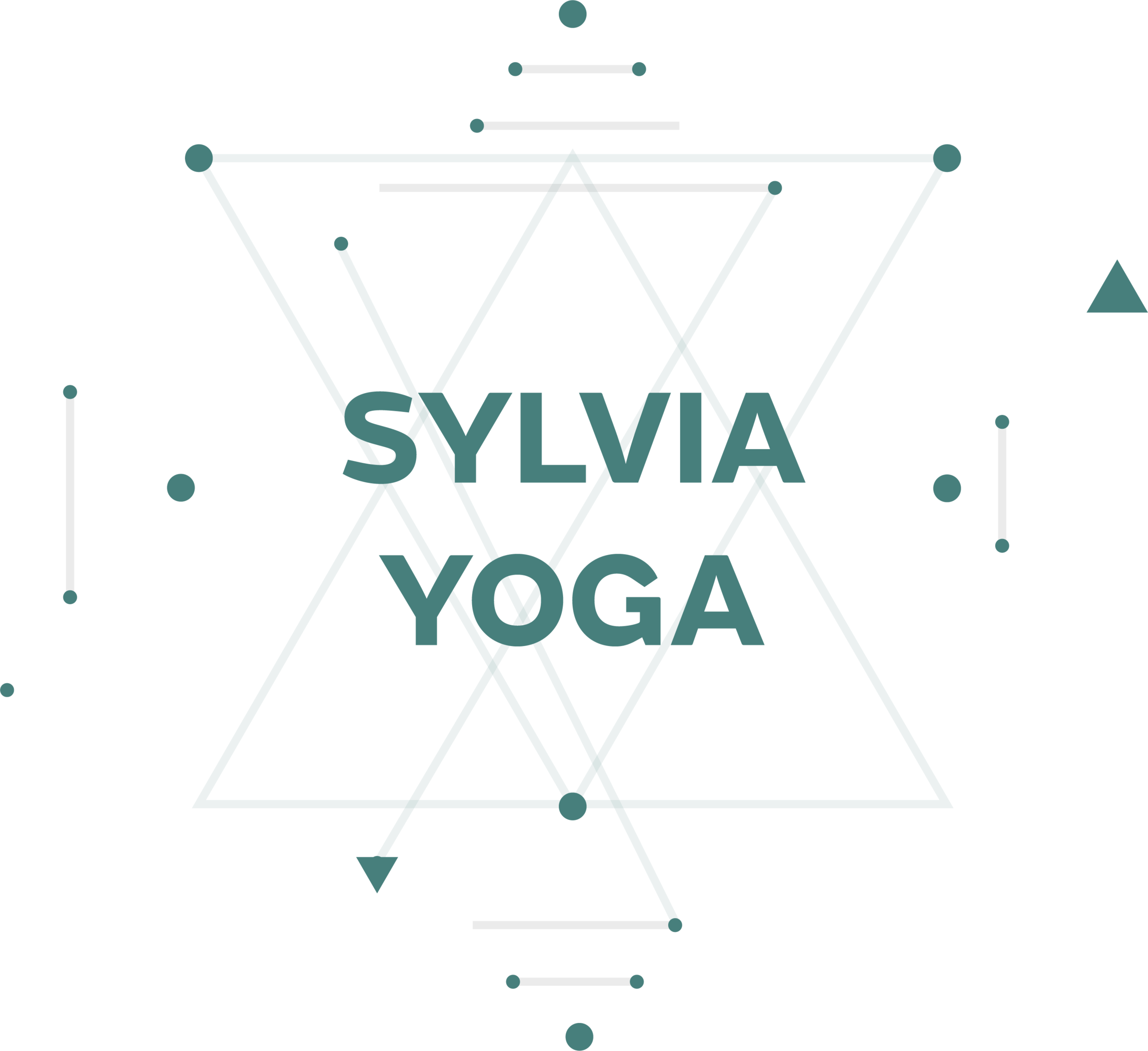Why is ‘intention’ important in a yoga and mindfulness practice?
Many of us come to yoga initially for stress reduction, there are times we come to our mats to simply relax. One of the first things we learn is “yoga teaches us the ability to relax at will”. This is a really important benefit of yoga. Yoga quietens our nervous system, which is probably the single greatest benefit to body and mind. If you are on your mat to simply relax you are welcome, you are in the right place, you are supported.
However, if you are curious about using your time on your yoga mat to explore deeper levels of growth and self-discovery then consider this:
“The essence of mindfulness practice is to work at waking up from the self-imposed half sleep of unawareness in which we are often habitually, but not inevitably, immersed.” Jon Kabat Zinn.
The ultimate path we are on, as yogis and as practitioners of mindfulness, is one of wholeness, of being wide awake. The price of wholeness is nothing less than total commitment to recognising our intrinsic wholeness, and an unswerving belief in our ability to embody it at any moment.
This path to wholeness doesn’t come without effort. It brings a commitment to be present with the truth, with the good, the bad, and the ugly, of any given moment in life. It requires us to show up for these moments with patience, curiosity and compassion.
To remain committed to our path we need a view of why we are doing it, what it’s value might be in our life, a sense of why this might be our own unique way.
We need to find a vision that is truly our own, one that it is deep and tenacious and that lies close to the core of who we believe ourselves to be, what we value in our lives, and where we see ourselves going. Only the strength of such a dynamic vision, and the motivation from which it springs, can possibly keep us on this path.
Our ongoing practice is remaining curious, in keeping it fresh, in approaching each moment anew.
How do we take this practice to our yoga mats?
We almost inevitably encounter at least some degree of bodily discomfort in places when we practice stretching through mindful yoga. Yoga is an effective vehicle for learning how to approach difficult and unwanted moments and experiences with greater acceptance, curiosity, gentleness and kindness. We learn these skills to apply them later to emotional discomfort, however intense that might be.
On the yoga mat we explore these skills and refine them as we move through our physical practice.
Here’s more you can to to enhance your learning:
Establish a ten minute daily meditation practice, guided or in silence.
I highly recommend journaling. Find a nice notebook and pen, start page one with a quote or simply write your name, use the first few pages to settle in. Your first diary entry is a question:
Why do you meditate or why do you want to meditate?
Don’t believe your first answers. Write down a list of whatever comes to mind. Continue asking yourself. Also, inquire about your values, about what you honour most in life. Make a list of what is really important to you.
After each yoga class or meditation session note what came up, the good, the bad and the ugly! What went well, what didn’t. What could you soften into, what could change?
“We must learn to reawaken and to keep ourselves awake, not my mechanical aid, by by an infinite expectation of the dawn, which does not forsake us in our soundest sleep.”
Henry David Thoreau, Walden.
Outdoor yoga with Sylvia in beautiful locations in nature is ongoing in Dublin this summer. You can read more here or book directly with Eventbrite here.
For online yoga in your own home any time you choose, The Daily Collection, five days of 30-minutes of yoga is available for you to purchase and play any time - an investment for life!
